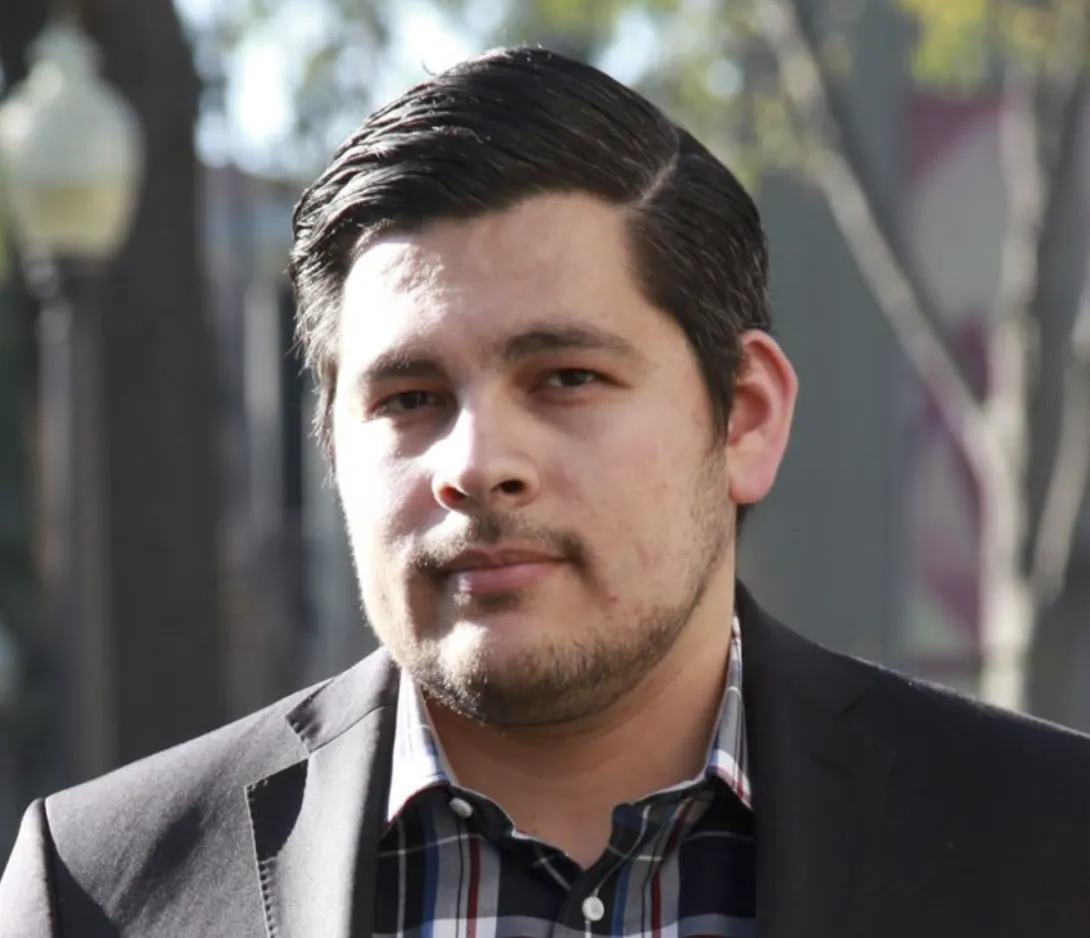
Using Data Science to Study, Reimagine, and Engage with (Digital) Educational Contexts
Educational data science (EDS) is poised to help us study educational contexts that are increasingly digital— either by design, or by necessity. In so doing we can explore the effects of educational technologies that are proximal and contextually bound to the learner (e.g., learning management systems), as well as answer questions using data that were previously unavailable, cumbersome to collect, or not easily analyzable (e.g., a large corpus of text with educational implications).
In this talk I will describe my applications of EDS along the above dimensions and will linger on recent work focused on understanding the TeachersPayTeachers.com (TpT) marketplace. TpT is the is the largest online teacher resource exchange, comprising of over 3 million materials and over 1 billion downloads of those materials. TpT boasts that more than two in three US teachers have used the website and has thus become an embedded part of many teachers’ workflows. In analyzing TpT resources, I used web-scraping, cluster analysis, and natural language processing to break down the pre-pandemic marketplace of over 500,000 resources along dimensions of grade level, content focus, resource type, cost, authorship, and ratings. Results from this work offer a glimpse into the factors that may predict teachers’ use of TpT materials, and help characterize what pedagogical value, if any, is present among them. I conclude that TpT suffers from pitfalls associated with being a market-based platform that is not bound by the need to adhere to sound learning theory or best pedagogical practices.
Bio: Stephen is an assistant professor of education at the USC Rossier School of Education. His areas of expertise include learning analytics, educational data science, the digital equity gap, and student motivation. His work has been published in Educational Researcher, Computers & Education, and other scholarly outlets. It has also been featured in media outlets such as the Los Angeles Times, USA Today, NBC4, and Noticiero Univisión. His research on the effects of the digital equity gap on predominantly Hispanic low-income families informed the California Assembly Bill No. 1176, which provided subsides for families in need of broadband internet. To date, the resulting Affordable Connectivity Program has helped over 1 million families afford reliable high-speed internet. His educational data science work is characterized by using data science methods to engage with current debates in education. His recent work in this area used traditional quantitative analysis paired with natural language processing to analyze reports of sexual harassment involving members of university communities and was cited in the U.S. Supreme Court case Prianka Bose v. Rhodes College and Roberto de la Salud Bea, et al. (No. 20-216).
Stephen earned a B.A. in Philosophy and Psychology from Georgetown University, a M.A. in the Humanities (Philosophy) from the University of Chicago, and a Ph.D. in Education and Psychology from the University of Michigan. Previously, he taught middle school in East Palo Alto, California and was the Director of Institute Technology for the Teach For America Los Angeles summer institute. In his spare time, he enjoys painting mini figures and CrossFit.
